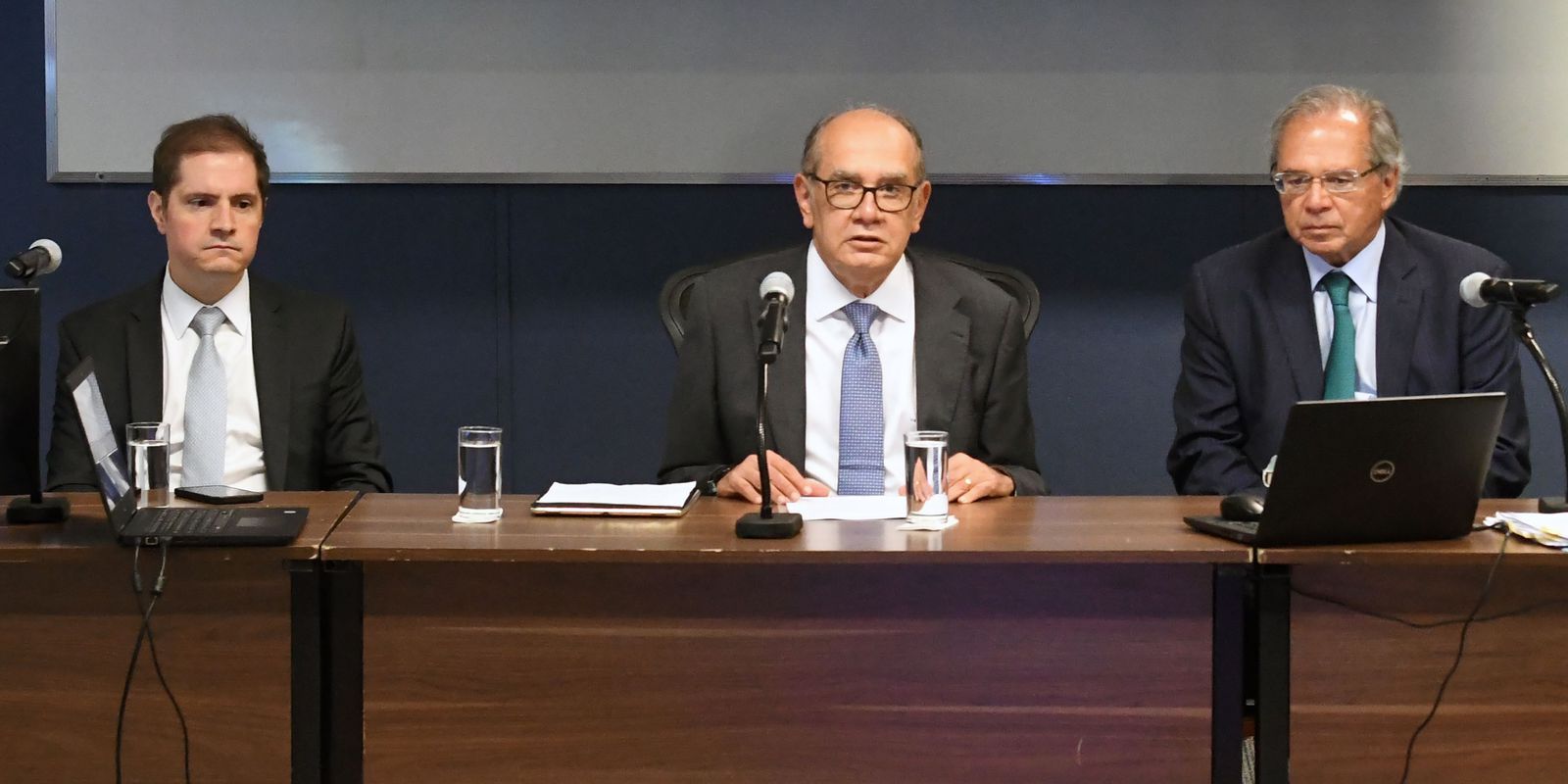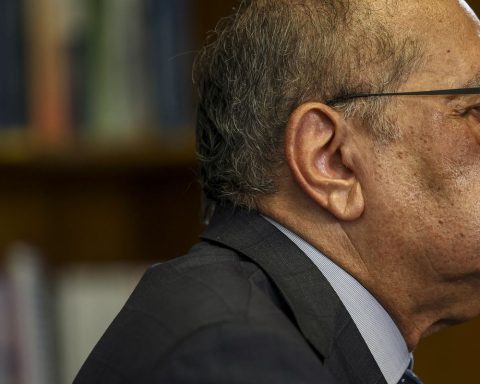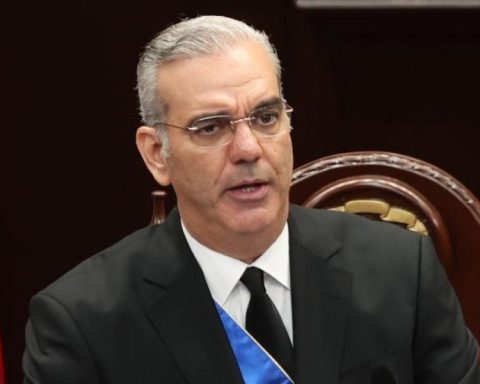The economic team may review the ceiling of the Tax on the Circulation of Goods and Services (ICMS), if the states prove a loss of revenue, said today (16) the Minister of Economy, Paulo Guedes. He participated in a conciliation hearing between states and the Union, promoted by Minister Gilmar Mendes, rapporteur of the case at the Federal Supreme Court (STF).
The participation of Paulo Guedes was not foreseen in the official agenda. During the speech, the minister said that the Federation units continue with a full cash and that any loss of revenue with the fixing of the ICMS ceiling could result in a review of the proposal.
“Let’s see the balance before we fight. Minister Gilmar’s decision is extraordinarily wise. [Mendes]. Shall we see the numbers? If the numbers show that there was a strong increase in revenue, despite the reduction in rates, then the game continues. If, on the contrary, it shows that there was damage to the Federation, I myself will be ashamed and I will want to review it”, declared Guedes. [os gastos em] health and education”, he continued.
In June, Congress approved the fixing of the ICMS ceiling of 17% to 18% on fuel, electricity, transport and communications. The National Committee of Finance Secretaries (Comsefaz), which represents the State Finance Secretaries, rejects the government’s version and claims that the Federation units will lose R$ 92 billion per year with the ceiling.
According to Guedes, the reduction in indirect taxes (which are levied on consumption), such as ICMS, is being offset by the lack of correction of the Income Tax table, whose revenue is shared with states and municipalities. “Income tax collection is rising a lot, which ends up balancing the balance”, he declared.
Transfer of gains
The Minister of Economy reiterated that the exemptions in force this year aim to pass on to the population the extraordinary collection with the recovery of the economy. “In addition to ICMS, we reduced taxes such as IPI [Imposto sobre Produtos Industrializados]. [Mesmo assim]we have a [resultado] very strong fiscal, it has never been so strong”, he declared.
Guedes denied that there was any conflict between the Union and the states. He recalled that, in recent years, the federal government closed a wake up regarding the Kandir Law, transferred about R$ 11 billion from the transfer of rights pre-salt to local governments and granted a aid package during the covid-19 pandemic.
“Everyone should be in a more comfortable position today. Now, distortions begin to accumulate, such as the nursing floor, which may become unsustainable for the municipalities at some point”, concluded Guedes. sanctioned by President Jair Bolsonaro earlier this month, the floor established a minimum wage of R$ 4,750 for nurses, nursing technicians, nursing assistants and midwives. The president vetoed an article that provided for an annual adjustment by the National Consumer Price Index (INPC).















